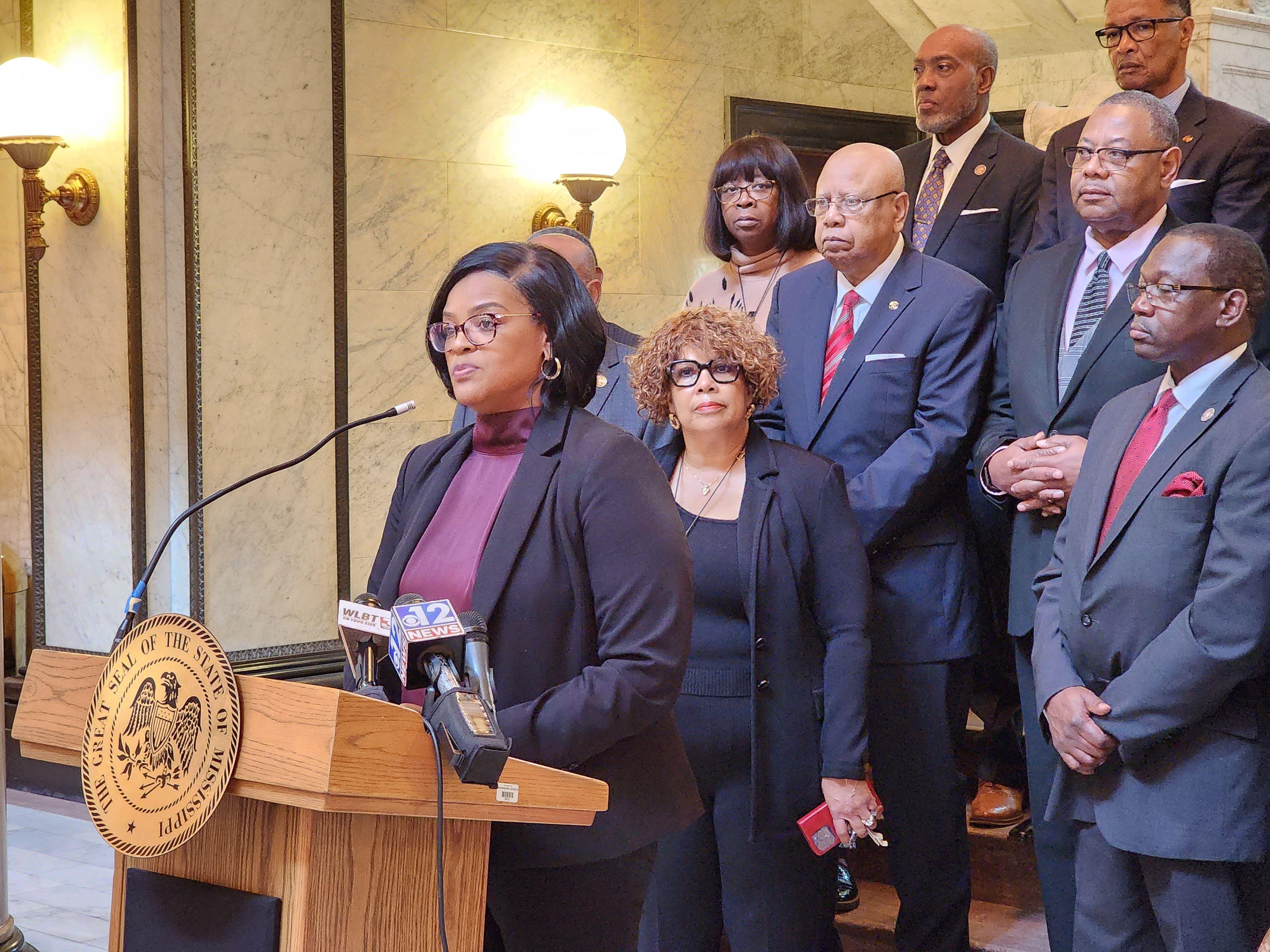All general bills have been filed in the Mississippi legislature and committees are beginning to debate which ones will move forward. Leaders of the conservative majority have outlined plans for legislation that would reduce taxes and address family matters. Also up for debate is extension of postpartum Medicaid benefits, which does have support from senate majority leaders. But Senator Solly Norwood, a Democrat from Jackson, says that isn’t enough.
Senator Norwood says “Right now Mississippi is actually starving for a lack of medical care. Because we have hospitals closing, individuals having to drive all across the state, not just in the rural [areas], you have hospitals or I guess services that’s being decreased in the Metro area.”
Norwood says a full expansion of Medicaid under the Affordable Care Act could help save hospitals.
Among the other priorities outlined by the Black Caucus are education, infrastructure and TANF reform. Senator Angela Turner Ford, who Chairs the caucus, says the state also needs to reinstate the ballot initiative process. The current system was deemed unconstitutional in 2021, and she says Mississippians need access to modify the state constitution.
“All we have to do is restore the process and insert the language that allows the congressional districts to be modified at the end of a redistricting cycle,” says Turner-Ford. “That would allow the people to have access to the laws that affect them.”
Conservative leadership has expressed interest in restoring the initiative process, but under a modified form that would only allow for statutory changes and not amendments to the state constitution.




